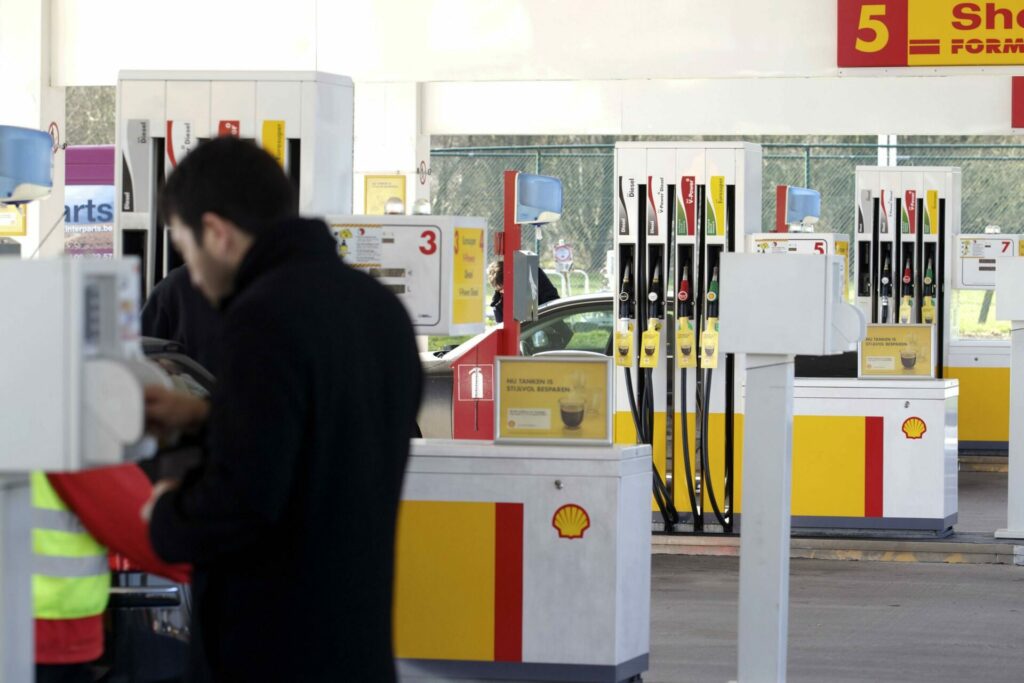The rising fuel costs are impacting people's lives in many ways and have now also become visible on Belgian motorways, as people are starting to limit their speed for fuel-efficiency.
In July, the cost of Petrol 95 reached €1,98, while both Diesel and Petrol 98 cost more than €2 per litre, among the highest prices recorded for these fuels. Driving around 90 to 105 km/h is the most efficient speed to travel in a car in terms of achieving the best fuel economy. Once surpassing this speed, the fuel efficiency decreases rapidly.
This is a fact that has not escaped car owners in Belgium, which as a result of skyrocketing prices, has seen one in three drivers (33%) in Belgium limiting their speed on the motorway, the road safety institute Vias said in a statement on Wednesday.
In total, 61% of drivers changed their driving style with the rise in fuel prices by easing off the accelerator pedal (42%), shifting up a gear early (38%) or using the cruise control more often (26%).
Fewer trips or other means
The association carried out two surveys which conclude that "for many drivers, fuel prices have an impact on the way they travel and drive their car."
One in five drivers has already decided not to fill up their tank at the petrol station because the price was too high, however, this trend is more visible in Wallonia (26%) and Brussels (27%) than in Flanders (14%). The lower the income, the more the price of fuel becomes a determining factor, Vias found.
Related News
- Cars caught speeding on Belgian motorways at 129km/h will always be fined from end of August
- Driving at night for long journeys? Six out of ten Belgians do it
- Summer discount at French motorway service stations during holidays
Two out of three drivers have adapted their behaviour or intend to change their behaviour if fuel prices remain as high as they are at present through various means, including limiting the use of their car (35%), making fewer trips (28%) or relying on another mode of transport (14%).
Vias also highlighted a difference between those with a company car, of whom 62% said they are not influenced by fluctuations in fuel prices, and those who don't (41%).

